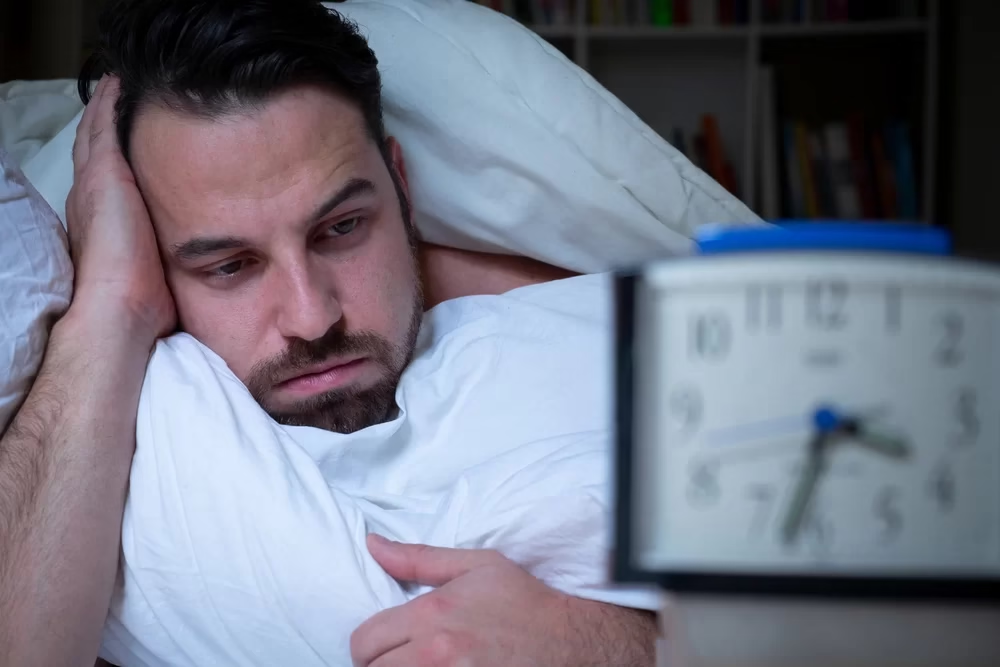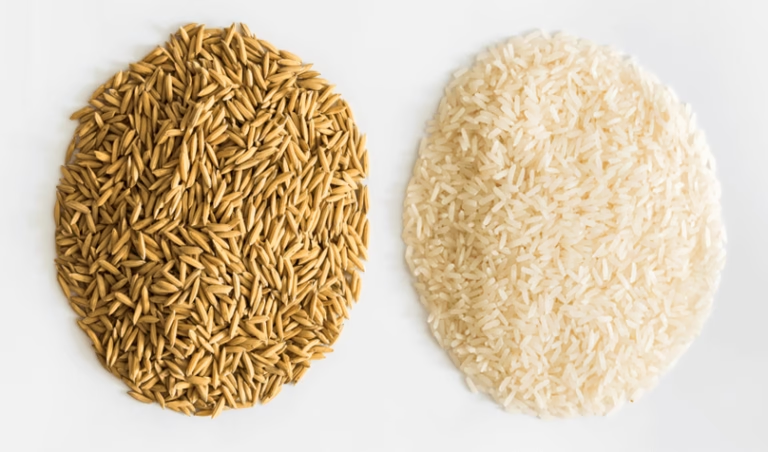The Surprising Dangers of Sleep Deprivation, It’s Almost Like Drinking!

We all know the importance of sleep, but did you know that staying awake for extended periods can affect your body in ways that mimic the effects of alcohol consumption? The connection between sleep deprivation and intoxication might surprise you, but studies have shown that both lack of sleep and alcohol can impair your cognitive functions, coordination, and overall judgment.
How Sleep Deprivation Affects Your Brain
Sleep is crucial for brain function. It allows your brain to consolidate memories, remove toxins, and rejuvenate for the day ahead. Without it, the brain’s ability to perform these functions diminishes. After being awake for 24 hours or more, your brain begins to show signs of impairment similar to those caused by alcohol intoxication.

Credits: pomono health centers
Studies have found that staying awake for 24 hours can lead to a 25% reduction in cognitive performance, which is nearly identical to the cognitive impairment seen with a blood alcohol content (BAC) of 0.10%—a level considered legally impaired in many countries. This means that your ability to think clearly, make decisions, and react quickly can be significantly compromised.
The Impact on Coordination and Judgment
Lack of rest doesn’t only affect your cognitive function; it also impacts your motor skills and coordination. When nap-deprived, you’re more likely to experience slowed reaction times, lack of focus, and clumsiness, all of which resemble the physical effects of alcohol consumption. Just like after a few drinks, staying awake too long can leave you unsteady on your feet and prone to accidents.

Credits: sleep shop
nap deprivation also affects your judgment. When you’re tired, you’re more likely to make risky decisions, misjudge situations, or fail to notice important details—just as you might do under the influence of alcohol. This can lead to mistakes at work, accidents while driving, and even dangerous behavior in social settings.
The Physiological Effects of Sleep Deprivation
The physical effects of staying awake for long periods are similar to those of alcohol consumption as well. Nap deprivation can increase your heart rate, elevate your blood pressure, and reduce your ability to regulate emotions. These physiological changes can make you feel jittery, anxious, or on edge, much like the nervous energy or irritability some people experience after drinking.

Additionally, lack of rest impacts your immune system, leaving you more vulnerable to illness. Just as alcohol can impair your immune response, rest deprivation weakens your body’s ability to fight off infections, making you more susceptible to colds, flu, and other ailments.
The Long-Term Consequences of Chronic Sleep Deprivation
While staying awake for one night might leave you feeling foggy and impaired, chronic rest deprivation can lead to even more severe long-term consequences. Consistently getting insufficient nap can contribute to the development of mental health disorders, such as anxiety and depression. It can also increase your risk of developing serious conditions like heart disease, diabetes, and obesity.

Moreover, just like alcohol abuse, long-term rest deprivation can disrupt your body’s natural rhythms and lead to a decline in overall well-being. Over time, this can lead to diminished quality of life, reduced productivity, and a greater likelihood of accidents and mistakes.
Getting Enough Sleep
To avoid the detrimental effects of rest deprivation, it’s essential to prioritize sleep in your daily routine. Aim for 7-9 hours of quality sleep each night to help your brain and body recover and function at their best. If you’re struggling with sleep, consider adopting better sleep hygiene practices, such as sticking to a regular bedtime, avoiding screens before bed, and creating a calming sleep environment.
Conclusion
Just like drinking alcohol, staying awake too long can have significant effects on your body and mind. The similarities between the impacts of sleep deprivation and intoxication serve as a reminder of the importance of rest. Prioritize your sleep to avoid cognitive decline, poor judgment, and other negative health outcomes associated with being awake for too long. Your body isn’t just tired—it’s begging for the rest it desperately needs.






